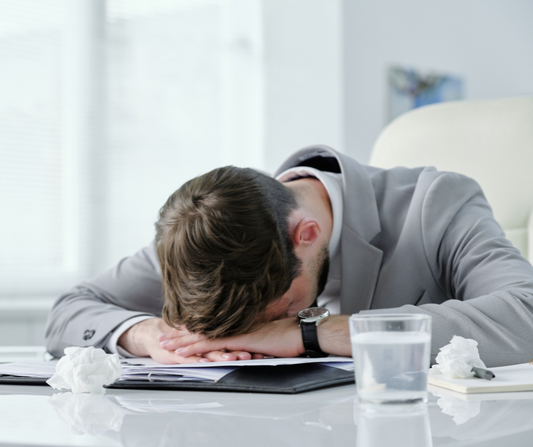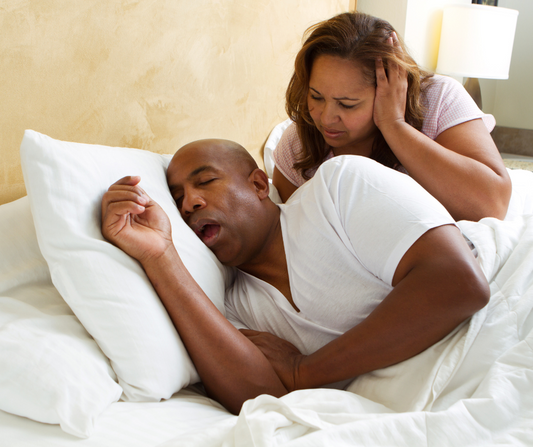If you feel a little drowsy Monday morning, it's likely that Daylight Savings Time (DST) has got you down. Sure, we all love extra daylight in the evening, but it can make for some groggy mornings as we adjust to the lost hour.
But it’s more than just being a little tired for a few days.
Did you know that on the day following DST, hospitals record a ? Twenty-four percent! But that’s not all. Fatal car crashes have been found to increase by 6% in the first week following the change. As it turns out, these negative effects of losing sleep may be the tip of the iceberg because changing our sleep schedule has many unintended consequences that can last for days, if not weeks.
How does DST affect our bodies?
Sleep disruption is the most noticeable effect of DST on the body. Our circadian rhythm, or internal biological clock, regulates the sleep-wake cycle, and even a one-hour time change can throw it off balance resulting in grogginess and lethargy, affecting work/school performance, mood, and overall health.
Feeling snacky? Disruption of the sleep schedule affects the hunger hormone, ghrelin, which may increase appetite and cravings for sweet and fatty foods. These changes could lead to unhealthy eating habits, resulting in long-term impacts on our health.
DST also impacts mental health. The sudden shift in time can also lead to symptoms such as fatigue, irritability, and difficulty concentrating because DST can disrupt the body's production of melatonin and serotonin, which regulate mood. Especially for individuals susceptible to being anxious or depressed, this change in time can trigger an episode of depression or anxiety.
What steps can we take to lessen the effects of DST?
We know Daylight Savings Time is coming, so now is the time to take steps to mitigate the impact of DST on our bodies.
- Gradually adjust your sleep schedule before the time change. Try going to bed and waking up 15-30 minutes earlier for a few days leading up to DST.
- Expose yourself to more natural light during the day and limit exposure to artificial light, especially in the evening.
- Use extra care when driving or operating machinery during the week following a time change.
- Limit your vices. Avoid alcohol and caffeine intake in the afternoon and evening.
What have we learned?
We may not control the clock, but we can take steps to limit the effects of DST. Plan now to prepare for a smoother transition. Enjoy the sunshine!
Scroll down and sign up for our monthly newsletter to learn more.
Dream big, work hard, sleep ambitiously,
Joe Castignani



